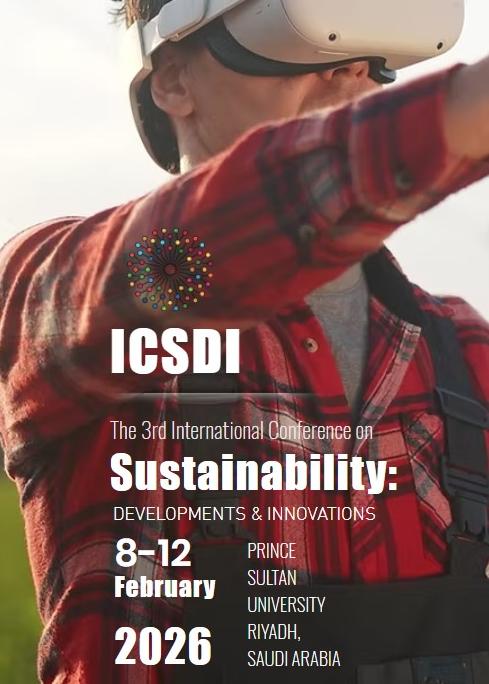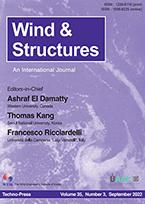MIGRATION, ADAPTATION AND MEMORY - 2nd International Interdisciplinary Conference
MIGRATION 2019
- URL: https://migrationadaptation.ug.edu.pl/
- Event Date: 2019-06-13 ~ 2019-06-14
- Submission Date: 2019-04-30
- Location: Gdansk, Poland
Interdisciplinary Studies (General)
How do we remember and represent our migration experiences? Who is involved in these processes? How does history remember these events? What helps migrants and societies to adapt? The significance of these and related questions have made their way into our daily lives, from the refugee crisis to policy decisions, individual psychotherapy to (re)building identities, communities, and memories.
During the conference, we are going to turn our attention to processes that are integral to human experience: migration, adaptation, and memory. We are interested in all aspects of migration and adaptation, in their individual and collective dimensions, in the past and in the present-day world. We would like to examine the role of memory, the processes of migrating and adapting to various dynamic life circumstances, across time, space, culture, language, and discipline.
Therefore, we strive to represent and discuss the crossroads of migration, adaptation, and memory in their multiple representations: psychological, social, historical, cultural, philosophical, religious, neurological, organizational, methodological, economic, political, and many others. We will also devote considerable attention to how these phenomena appear and transform in artistic practices: literature, film, theatre, and visual arts. This is why we invite researchers representing various academic disciplines: anthropology, history, psychiatry, psychology, psychoanalysis, sociology, politics, philosophy, economics, law, literary studies, theatre studies, film studies, design, project management, memory studies, migration studies, consciousness studies, dream studies, gender studies, postcolonial studies, medical sciences, cognitive sciences, and urban studies, to name a few.
Different forms of presentations are encouraged, including case studies, theoretical inquiries, personal reflections, problem-oriented arguments, comparative analyses, and creative expressions.
We will be happy to hear from experienced scholars and young academics, doctoral and graduate students, as well as professionals from various disciplines. We also invite all persons interested in participating in the conference as listeners, without giving a presentation.
Our repertoire of suggested topics includes but is not limited to:
I. Arts
- Literature, poetry, film, theatre, etc. as adaptive mediums
- Adaptation through artistic creation and destruction
- Artistic imagination and adaptation
- Migration as represented in arts
- Art created during migration
- Creative expression through memories
II. History
- Adaptation across history
- Memory processes in writing history
- Documenting history and memories in migration
III. Humanitarian work, Governments and NGOs
- Roles and responsibilities
- Management of temporary and transitory spaces
- Project management and evaluation
- Best practices
- Welcome contexts
IV. Medical sciences
- Genetics/epigenetics in adaptation processes
- Neurobiology and biochemistry of adaptation and memory
- Evolutionary approaches to memory, adaptation and migration
- Chronic diseases, memory, and adaptation
V. Philosophy and Worldviews (Eastern, Western, Indigenous...)
- Epistemology and metaphysics
- Existential and postmodern adaptation
- Ethics in migratory context
- Philosophy of memory
VI. Political Sciences and Law
- Policies related to migration and adaptation
- Human rights and migration
- Bureaucracy in relation to migration policies
- Judiciary systems
- Political agendas, memory and migration
- Objective vs. subjective memory in politics
- International politics and adaptation
VII. Psychology and Psychiatry
- Mental health and adaptation
- Abnormal behaviors and adaptation
- (Mal)adaptive memory processes
- Social and transcultural psychiatry
- Perception/cognition/attention
- Personality
- Psychoanalysis
VIII. Sociology and Anthropology
- Cultural determinants and adaptation
- Race/ethnic identity and adaptation
- Religion, adaptation and migratory experiences
- Gender, adaptation and migratory experiences
- Social networks and adaptation
- Language of adaptation, memory and migration
- Family relations and adaptation
- Urban planning and adaptation
- Diaspora and community development
IX. Economics and Business
- Adaptation and job security
- Private sponsorship and adaptation
- Adaptation in economics (Marxist, Capitalist…)
Please submit abstracts (no longer than 300 words) of your proposed 20-minute presentations, together with a short biographical note, by 30 April 2019 to:
migrationmemory2019@gmail.com
The conference language is English.














